In early November, the will blast into Stockholm, Sweden, and there’s still a chance to attend.
“We expect about 350 people, but there’s often a lot of last-minute registrants,” says Leila Steed, WDS program organizer of the Nov. 6 and 7 conference.
Steed, who is also editor of the Demolition and Recycling International publication, has been working on the annual event for a year.
One goal is to ensure the summit is relevant to the demolition and recycling sectors.
“I focus a lot on how to help give the industry useful information in a practical way,” Steed says from her Wadhurst, England location. “I take a broad approach to topics.”

Included will be two to three case studies where contractors talk about notable projects and the technical complexities involved.
Thanks to her editor’s role, Steed keeps an eye on new and developing processes in construction, with technology, low carbon and net-zero areas of particular interest.
As well, legal and legislative aspects and recruitment and mental health figure into the planning.
“The main point is to share knowledge and expertise,” she says.
Because the event draws participants from around the world, key global issues in demolition and recycling are priorities. Steed, who chose all of the speakers, wants rounded and balanced perspectives.
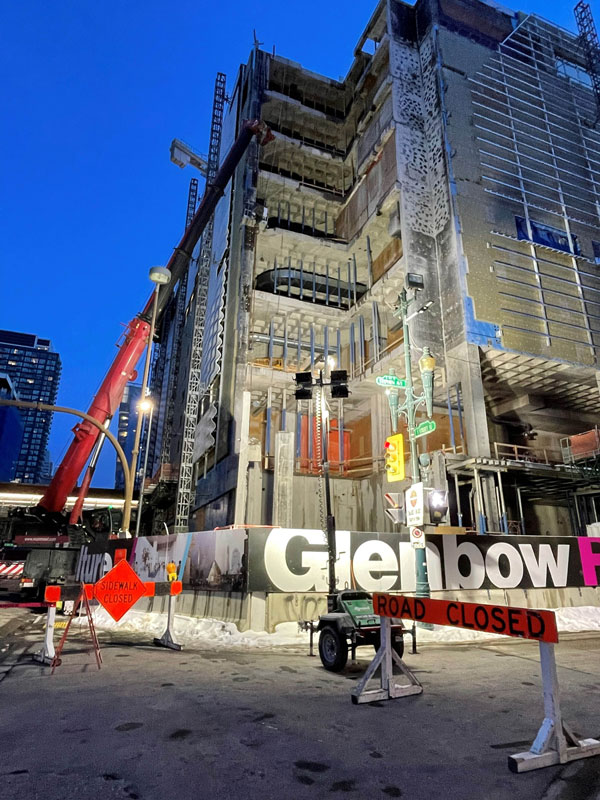
Topics being presented at the Summit include, Ensuring Circularity Through Strategic Demolition Practices, Demolition Engineering: Managing Safety and Reducing Risks in Power Plant Demolitions and The Implications of the New Law on Selective Demolition.
Steed notes the keynote speaker, Mark Coleman, of Colemans, will discuss Modern Thinking.
“He’s going to cover a lot of different things, how we learn, sustainability of people and a company and meaningful and worthwhile work,” she says.
All proceedings are in English.
Steed says the organization is thinking about translation options for the future, but adds the entire conference will be recorded on video.
The first summit was in 2010; the conference alternates between a North American and European location.
In 2023, it was held in Toronto, the first time the gathering was in Canada. North American events usually draw about 15 per cent more attendees, roughly 400 people compared to the approximately 350 who register for European summits.
The cost is US$900 per person. Most delegates are managers or engineers, but machine operators and apprentices also attend, Steed says.
Between 35 to 40 per cent of summit-goers in any year are from North America. Australia and New Zealand are also well represented.
“South America is a very interesting market for business growth and opportunities,” Steed notes.
Africa remains a difficult region for inroads, while India, which is working to develop recycling practices, is becoming an important area.
On the evening of Nov.7, demolition awards will be handed out and two Canadian companies are in the running: King, Ont.-based Priestly Demolition and Montreal-headquartered Delsan-AIM.
Priestly is nominated in the Contract Over US$1M for its UF6 Building 27, Cameco Conversion Facility and in a second category, Contract Under US$1M for the Glenbow Museum, Northeast Stairwell.
Priestly’s media director, Connie Clearwater, said Priestly is thrilled to be on the shortlist for two awards.
“Both projects were complex, difficult to perform and required extensive planning and patience,” says Clearwater. “We worked closely with our clients to ensure a safe, successful outcome for each and are very grateful to KHL and the judges for recognizing these accomplishments.”
Delsan-AIM’s nomination came in the Civils category for its Champlain Bridge Deconstruction.
Steed notes the 12 international judges are individuals who have been “pivotal” in the industry and most of them have three decades or more of industry experience.
But even before the 11 2024 awards are handed out, Steed was already preparing for Summit 2025 to be held in the USA. The location will be revealed at the close of the 2024 event.


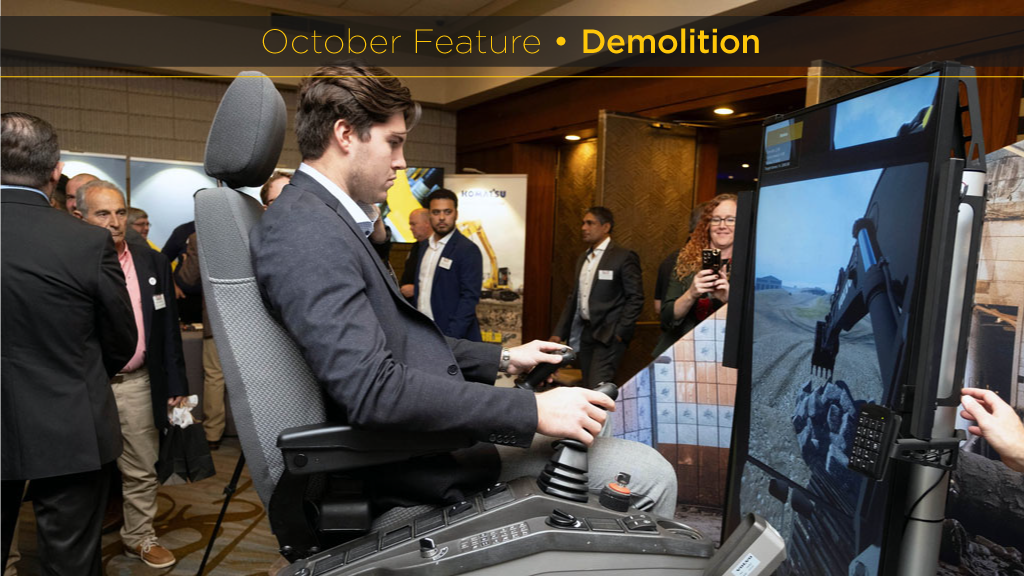

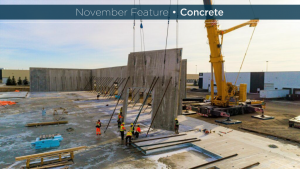
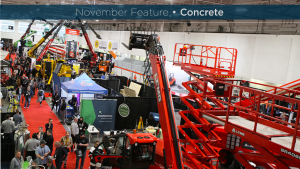

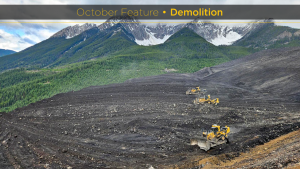
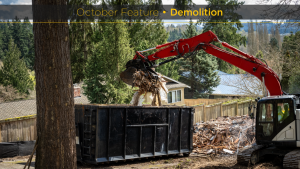

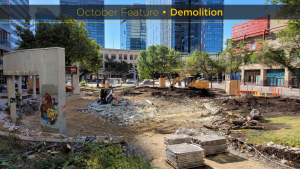
Recent Comments
comments for this post are closed